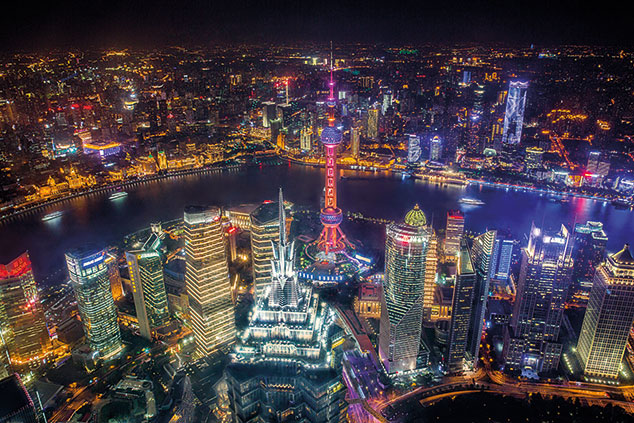
Both sides have cracked
The latest developments amount to a “ceasefire” rather than a peace treaty, says Arthur Kroeber for Gavekal Research. Washington has agreed to cancel upcoming tariff hikes, with Beijing promising to more than double its purchases of US agricultural products in return. “Faced with mounting evidence of the impact his trade war has had on US manufacturing, agricultural incomes and business confidence,” Trump is worried that his re-election campaign could be in trouble. The White House seems to be trying to paint a climbdown as a victory.
China’s negotiators have their own reasons for avoiding the term “deal”, says Bloomberg News. Any final agreement that “doesn’t remove the punitive tariffs altogether” would draw unfavourable comparisons with China’s 19th-century “unequal treaties” with colonial powers and trigger nationalist vitriol. But that doesn’t mean that the Chinese don’t want an interim accord. The country’s exports and imports shrank more than expected in September and leading indicators “remain grim”, says Freya Beamish of Pantheon Macroeconomics. Many analysts had thought that Chinese policymakers would be content to wait for next year’s US elections as they “would rather negotiate with somebody less bent on causing havoc”. They “really must be worried about the state of the economy”.
Decoupling continues
Investors should not overestimate the impact of a deal that barely moves beyond agriculture, says Nathaniel Taplin in The Wall Street Journal. “Hundreds of billions of dollars of Chinese goods” will still remain subject to American tariffs. And the trade war is not the only thing ailing the global economy. China’s slowdown, occasioned by a crackdown on shadow banking, is weighing on everything from Chilean copper miners to German carmakers.
The economic effects of the trade war have been exaggerated, agrees Neil Shearing of Capital Economics. It has probably only accounted for 25% of the slowdown in global GDP in recent years. The “mini-deal” now on the table doesn’t even begin to cover deeper disputes about “intellectual property, technology transfer and industrial strategy” between the two sides. Expect the “slow and steady drift towards a more antagonistic” trans-Pacific relationship to continue. Investors should be prepared for this decoupling.